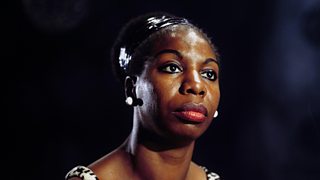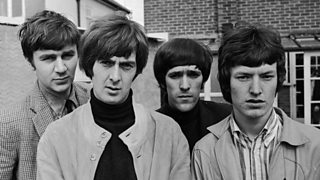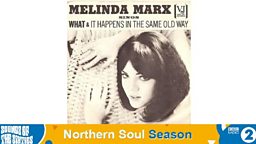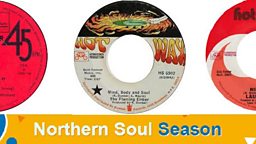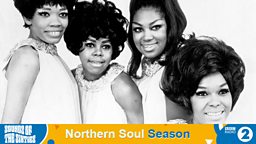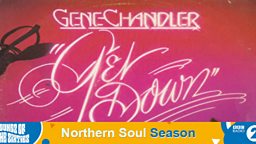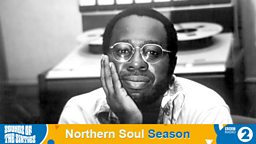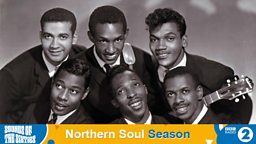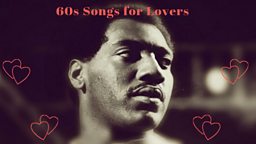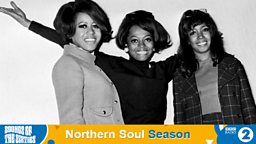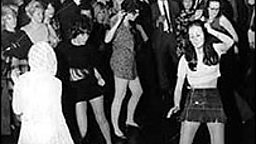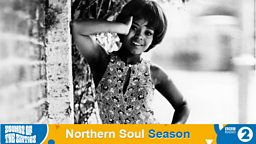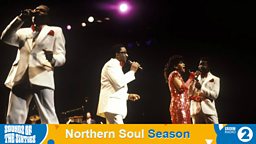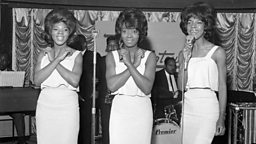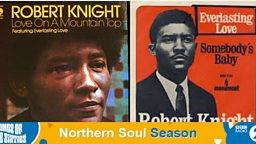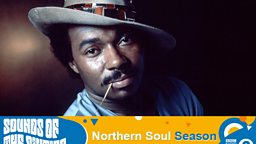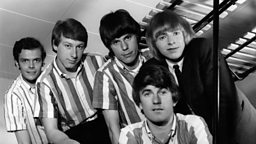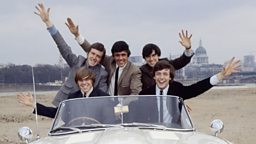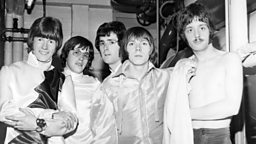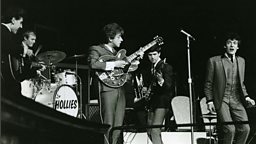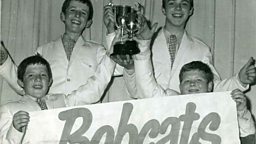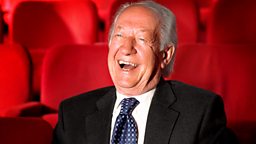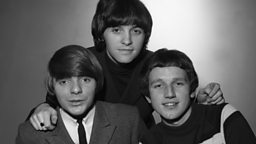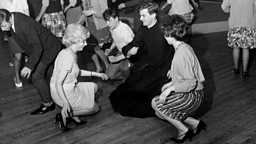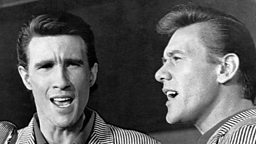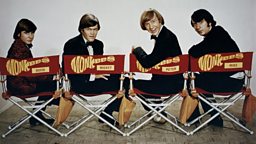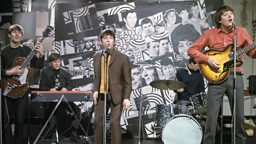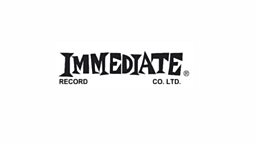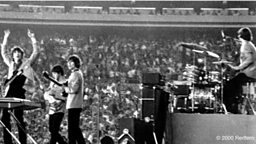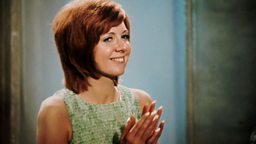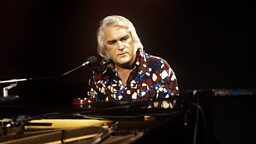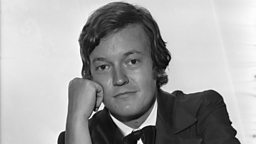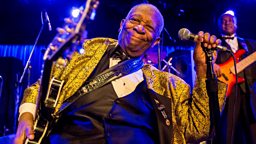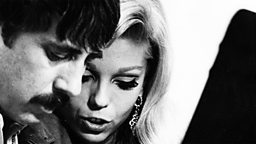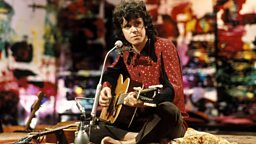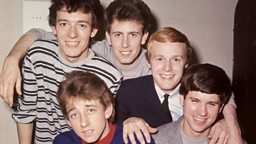Mr Businessman
by Bob Stanley

It was the sound of America taking a cold look at itself and finding doubt, if only for a little while, in the upheaval of 1968
Vietnam affected not only teenagers, or San Francisco's psychedelic scene. By 1968 there was a general feeling across the country that, politically and morally, America was in a bit of a mess. Songs were being written that criticised, or at least analysed, the American way of life. And these came not from veterans of love-ins, or even ex-Brill Building staffers like Barry Mann and Cynthia Weil, but from the likes of pre-Beatles stars Roy Orbison and Dion, and even Frank Sinatra and Bing Crosby.
Ray Stevens' Mr Businessman (a US Top 40 hit in the summer of '68) was the sound of America taking a cold look at itself and finding doubt, if only for a little while, in the upheaval of 1968: "You've got air conditioned sinuses, and dark disturbing doubts about religion... While your secretary's tempting you, your morals are exempting you from guilt and shame." Stevens had made his name with novelty hits Ahab The Arab and Harry The Hairy Ape, so this was something of a departure. The song wasn't a hit in Britain, but picked up regular plays on Jimmy Young's Radio 2 show over the years.
Roy Orbison's 1969 single Southbound Jericho Parkway was bleaker still, detailing the suicide of a single man, then documenting the reactions of his son, daughter and wife over seven minutes. Dion had been aware for some years when he had a US Top 5 hit in 1968 with Abraham Martin and John, a tribute to fallen heroes written in the wake of the assassinations of Martin Luther King and Bobby Kennedy. It had been written by Dick Holler, who a year earlier had seen his Snoopy vs the Red Baron in the British and American top tens.
Watertown was one of Frank Sinatra's finest albums, produced by Bob Gaudio of the Four Seasons, and co-written by Gaudio and Jake Holmes (who also wrote Led Zeppelin's Dazed And Confused) - recorded in 1969 it detailed life, love and divorce in small town America. Gaudio was also key to the Four Seasons' album similarly reflective Genuine Imitation Life Gazette in 1969. Bing Crosby, meanwhile, questioned America's involvement in the space race while there were still starving people back on earth on 1969's What Can We Do With The World?
This nationwide navel gazing didn't last long. In 1970, Ray Stevens scored his first US number one with the much chirpier Everything Is Beautiful, and by 1974 he had fully recovered his sense of humour - the infuriatingly memorable The Streak became a transatlantic number one.
-
![]()
Brian Matthew reveals all about his unforgettable meeting with Nina Simone
-
![]()
More facts and figures about the songs we play
